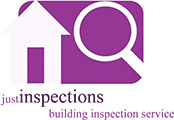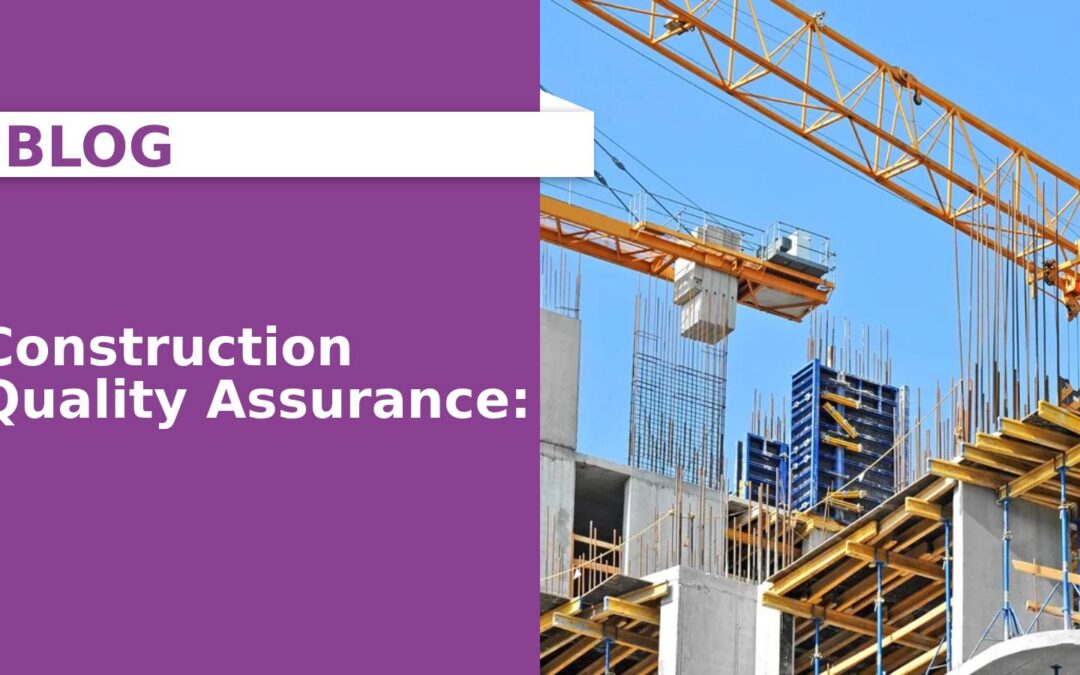A place where you live and work is your safe place, which means that you trust the durability of the space. However, what if the quality of the material used in that new construction is below average? Or what if it does not comply with safety standards?
To solve that problem, we have quality assurance in building construction to ensure that you are under a secure roof.
In this blog, we will look into quality assurance and its benefits.
What Is Quality Assurance In Building Construction?
Quality assurance in building construction is about setting and maintaining high standards.
It’s a proactive approach that aims to prevent issues and ensure that everything runs smoothly from start to finish. By establishing a solid set of rules and guidelines, we ensure that every step of the project is done right.
The main goal is to ensure that all construction processes are carried out correctly and efficiently, meeting or exceeding our client’s expectations and maintaining top industry standards.
Why Quality Assurance is Crucial In Construction?
Quality assurance in building construction is critically important for numerous reasons, all of which contribute to the safety, longevity, and success of the projects and the companies behind them. Here’s why quality assurance is indispensable in the construction industry:
Safety First
The safety of those who will eventually live in, work in, or visit the building cannot be compromised.
Quality assurance processes ensure that every structural element, electrical system, and plumbing installation is done correctly, significantly reducing the risk of accidents or failures.
This attention to detail ensures that every component functions safely, minimizing potential hazards that could lead to serious injuries or fatalities.
Long-Term Durability
Investing in high-quality materials and skilled artistry means buildings are built to last. Such constructions are less likely to need frequent repairs or early replacements, reducing maintenance costs and extending the building’s useful life.
This commitment to quality in the early stages of construction pays off long-term, saving money and resources.
Compliance with Regulations
Adhering to building codes and industry standards is not just about following rules—it’s about ensuring public safety and health.
Quality assurance helps projects comply with these regulations, avoiding legal complications, potential fines, and the expensive need for retrofits that meet current codes.
Client Satisfaction
Satisfied clients are the backbone of a successful construction business. Quality assurance ensures that the final product aligns perfectly with client expectations, which helps maintain a company’s good reputation. This can lead to repeat business and referrals, vital for long-term success.
Cost Savings
While it might seem like an extra expense at the outset, investing in quality assurance can lead to substantial savings down the line; by preventing construction defects and errors, there’s less need for costly corrections later, which helps keep the project on budget and schedule.
Risk Mitigation
Quality assurance allows for the early identification and management of potential risks, reducing the chance of issues arising during or after the project’s completion.
Addressing these risks proactively can save a company from future financial and logistical headaches.
Public Image
Large construction projects often fall under public scrutiny. Maintaining high-quality standards fulfils legal and ethical obligations and protects and enhances a company’s public image. A strong reputation for quality can be a significant competitive advantage.
Insurance and Liability
Quality assurance practices can positively influence insurance premiums and reduce liability risks. Insurers often provide better rates to companies that demonstrate a commitment to safety and quality, recognizing the reduced risk of accidents and defects.
Managing Quality Assurance in Building Construction
Managing quality assurance in building construction isn’t just a task but a vital strategy that spans from the very start of a project through its design and construction all the way to completion.
Here’s a closer look at how to effectively handle this critical responsibility, or you can hire the Just Inspection team for quality work without stress:
Define Quality Objectives
First things first, set clear quality goals for your project. These should align perfectly with your client’s expectations, comply with industry standards, and meet all regulatory requirements. These objectives are the benchmark against which all project activities will be measured.
Document Quality Standards
Documenting the specific quality standards, specifications, and building codes your project needs to follow is crucial. This documentation acts as a roadmap for everyone involved, ensuring that all stakeholders understand the quality benchmarks from the get-go.
Quality Planning
Next, develop a comprehensive Quality Management Plan (QMP). This plan should detail all the processes, roles, and procedures needed to maintain high quality throughout the project. It should include checkpoints for quality control and schedules for inspections and testing. This plan is your blueprint for maintaining standards at every phase of construction.
Supplier and Contractor Selection
Choose your suppliers and contractors wisely. Only work with those who have a solid history of providing quality work. Check their credentials and make sure they adhere to industry standards. This step is about building a team that you can trust to meet your quality objectives.
Quality Control Inspections
Put in place a strong system of quality control inspections. These should occur at various stages throughout the construction process, from checking the structure’s integrity to testing materials and ensuring compliance with the project specifications. Employ an Inspection Test Plan tailored to specific aspects of your project to keep things on track.
Documentation and Reporting
Keep detailed records of every quality-related activity. This includes reports from every inspection, test results, and records of issues that don’t conform to your standards. A quick and accurate quality assurance report of these findings to the relevant parties is essential for prompt resolution and accountability.
Continuous Improvement
Promote a culture of continuous improvement within your team. Use the insights and lessons learned from each project to refine your processes for the next. This helps maintain quality and enhances, ensuring every new project benefits from past experiences.
Who Is Responsible for Quality Assurance in Building Construction?
Quality assurance in building construction is not just the responsibility of a single entity. Still, it involves multiple stakeholders, each crucial in ensuring the project meets the highest standards.
Client
The client initiates the quality assurance process by setting the project’s quality expectations. They approve the designs and materials and often decide whether to bring in third-party consultants to oversee the quality assurance throughout the project. This ensures that the client’s vision and standards are communicated and met.
Architects and Designers
Architects and designers are fundamental in laying the groundwork for quality. They ensure that the building plans look good on paper and adhere strictly to quality standards and building codes. Their designs set the stage for the construction of the building and are pivotal in ensuring that the end product is safe, functional, and aesthetically pleasing.
Builder and Subcontractors
The builder has the overarching responsibility for quality control on the ground. This responsibility is distributed among subcontractors (like plumbers, electricians, etc.), who must each ensure their work meets the specified standards.
The builder uses Inspection Test Plans (ITPs) provided by each subcontractor to verify that every aspect of their work is up to par. While there is no ITP for the builders, they must coordinate and collect all ITPs from the trades, ensuring that everyone delivers quality work.
Quality Control Inspectors
These professionals are the gatekeepers of quality assurance. They conduct detailed inspections and assessments at various stages of the construction process to ensure compliance with the set quality standards and project requirements. Their expertise helps catch issues before they become significant problems, maintaining the integrity of the construction process.
Third-party Consultants
Sometimes, the client might hire independent consultants or experts in quality assurance to provide an additional layer of oversight.
These specialists monitor and report on the quality performance throughout the project, offering an unbiased view that helps maintain stringent quality standards.
What are the benefits of quality assurance?
As far as quality assurance is concerned, its benefits cannot be overlooked. Below are a few significant benefits of quality assurance:
- Implements structured QA programs to reduce the likelihood of errors, ensuring that construction meets safety and performance standards.
- Enhances client satisfaction by ensuring projects adhere to agreed specifications and high industry standards.
- Prevents expensive reworks and legal issues by ensuring compliance with building codes and protecting the project budget and timeline.
Final Words
Compromising on safety is a gamble that could result in a loss; therefore, ensure safety by hiring a team of the best quality assurance personnel who can give you a detailed report on your new construction, like Just Inspection.
Quality assurance in building construction is not just about compliance or meeting minimum standards; it’s about excellence and sustainability in building practices.
Don’t leave quality to chance! Book a building inspection with Just Inspections today and guarantee the excellence of your construction project. Get started now and build with confidence!

